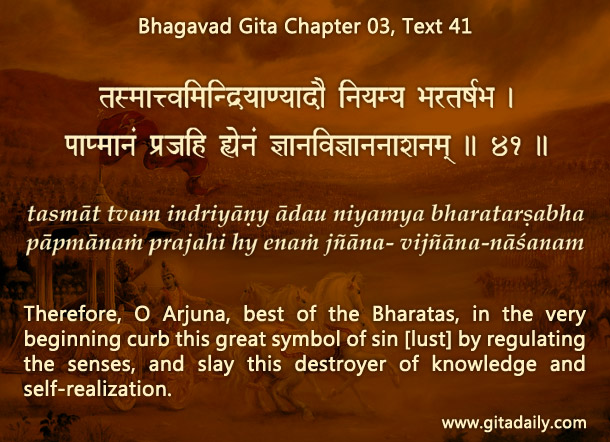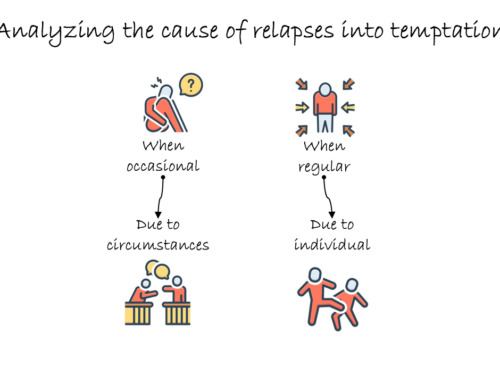Suppose a country has a hostile neighbor, who is constantly trying to infiltrate into its territory. If the boundary between the two countries is not defined, the defending country’s task would become extremely difficult.
We may face similar difficulties with regards to our behavior. Worldly temptations are constantly trying to infiltrate into our consciousness and impel us to indulge indiscriminately. When indulging in temptation, we all have a general sense of what is acceptable and what is unacceptable. However, if the boundary between them is hazy, we might let an indulgence slide into the unacceptable zone without even realizing what is happening.
Consider drinking, for example. Suppose a college student considers drinking acceptable but getting drunk unacceptable. How would they know when their drinking degenerates from occasional casual indulgence to compulsive destructive indulgence? Such degeneration is almost impossible to recognize in the moment when one is being tempted.
Consider sexual dalliances, as another example. Most cultured married people would consider having a full-blown extramarital affair as unacceptable, but they might consider flirting harmless fun. But when might flirting grow into something more, maybe something irresistibly or even irreversibly more? Again, when a boundary is being breached can’t be easily discerned if the boundary hasn’t been defined in advance.
Clearly defining boundaries is especially necessary nowadays because violating many traditional boundaries has been normalized and even glamorized. The Bhagavad-gita (03.43) states that regulating self-destructive desire needs to begin with regulating our senses, which essentially means defining and defending boundaries. By studying the Gita with its living teachers, we can remember the importance of boundaries, define boundaries appropriately according to our particular situations, and then defend them vigorously.
One-sentence summary:
To protect ourselves from self-destructive indulgence, we need to define boundaries clearly so that we can defend them competently.
Think it over:
- When dealing with temptation, why do we need to define boundaries clearly?
- How can studying the Gita regularly help us deal with temptation?
- Do you face any temptation for which you haven’t defined boundaries clearly? How can you rectify that?
***
03.41: Therefore, O Arjuna, best of the Bharatas, in the very beginning curb this great symbol of sin [lust] by regulating the senses, and slay this destroyer of knowledge and self-realization.
To know more about this verse, please click on the image
Explanation of article:

Podcast:



Fences finetune the fortune